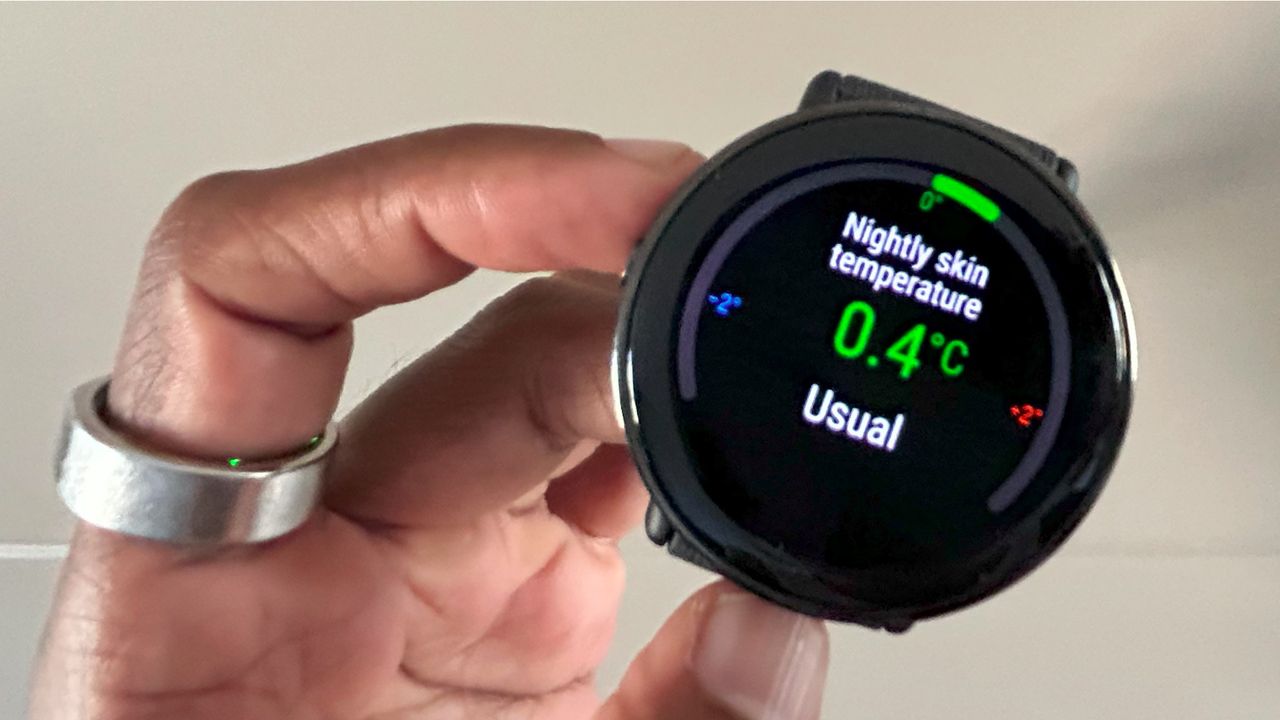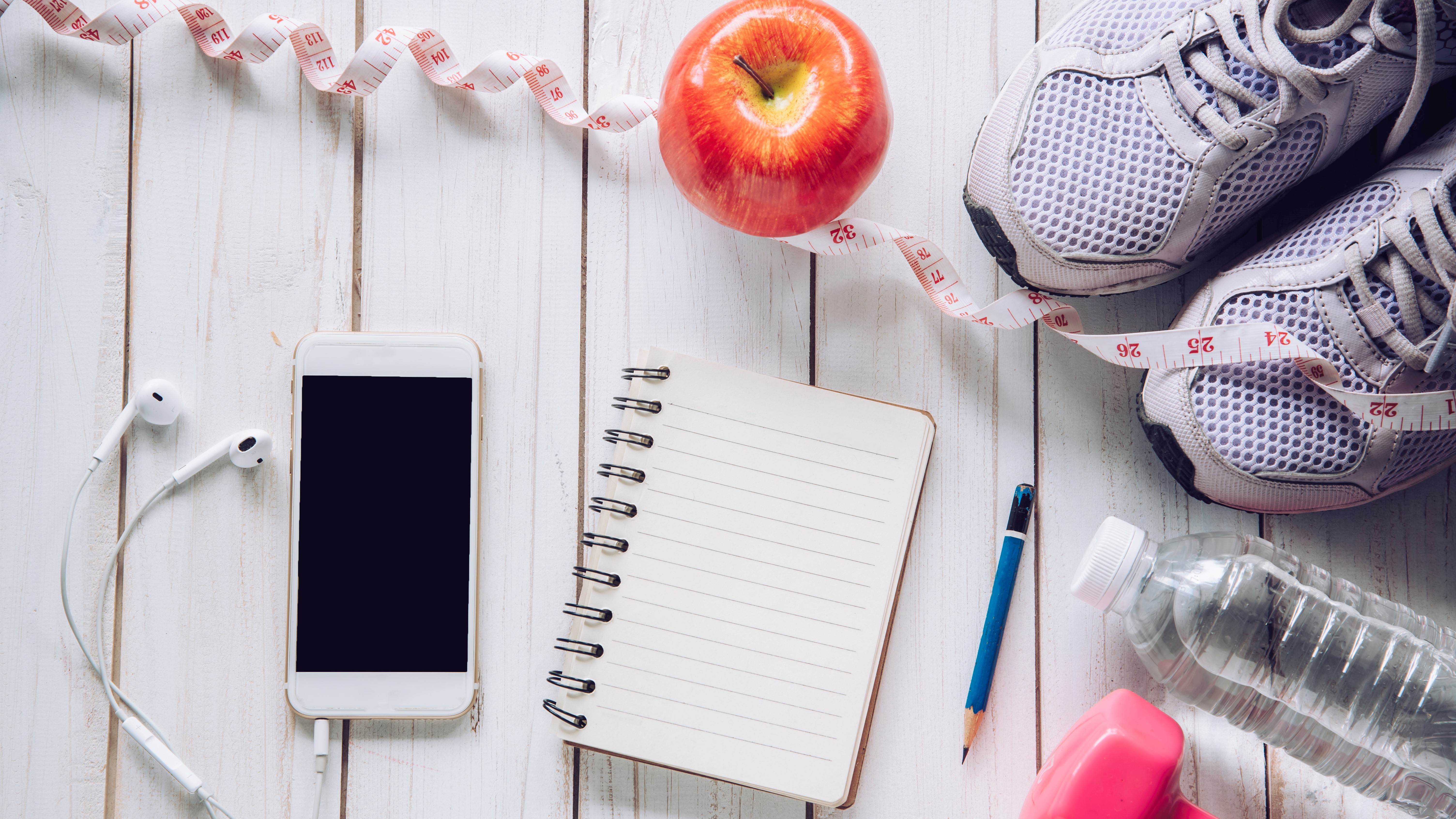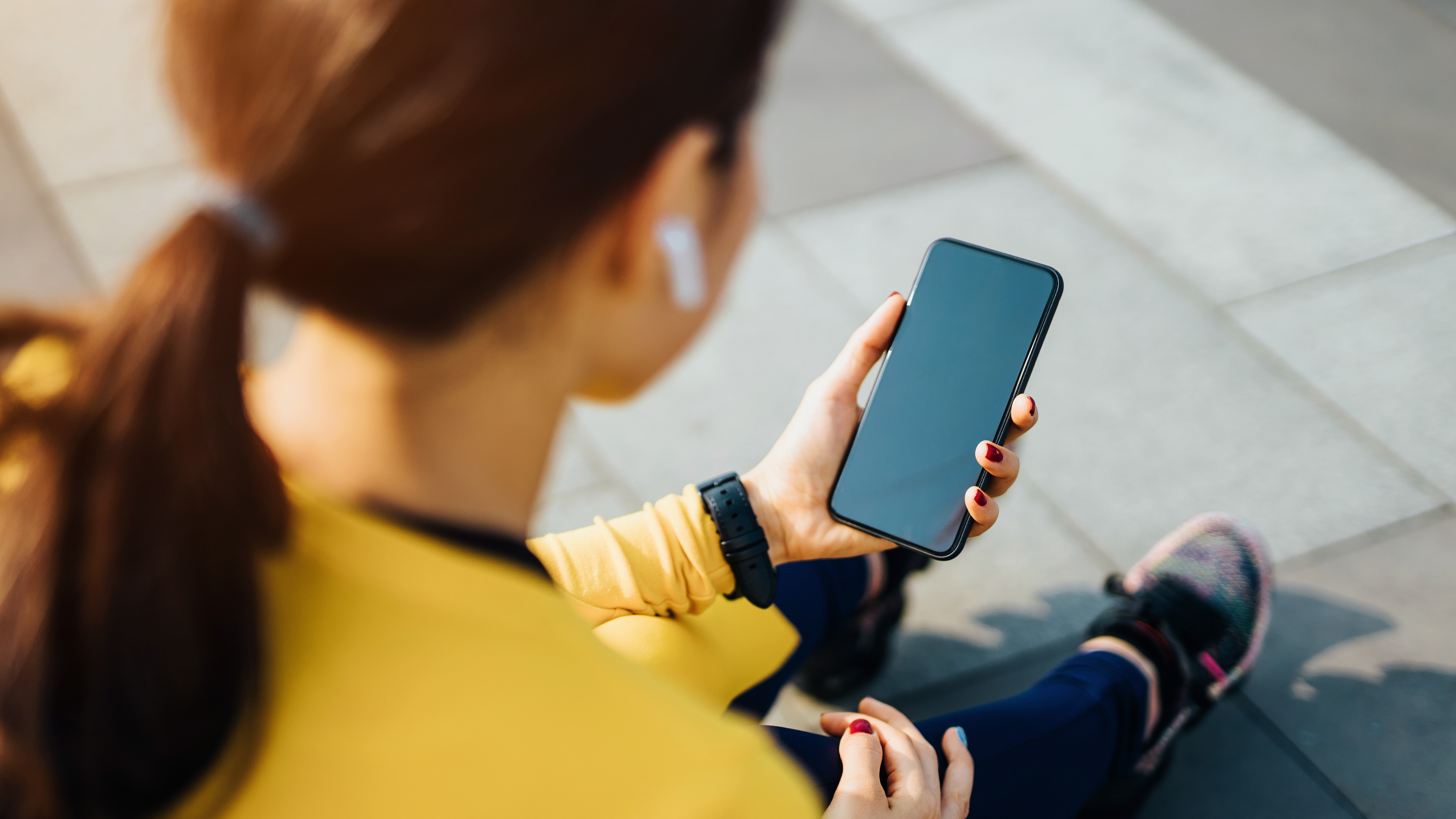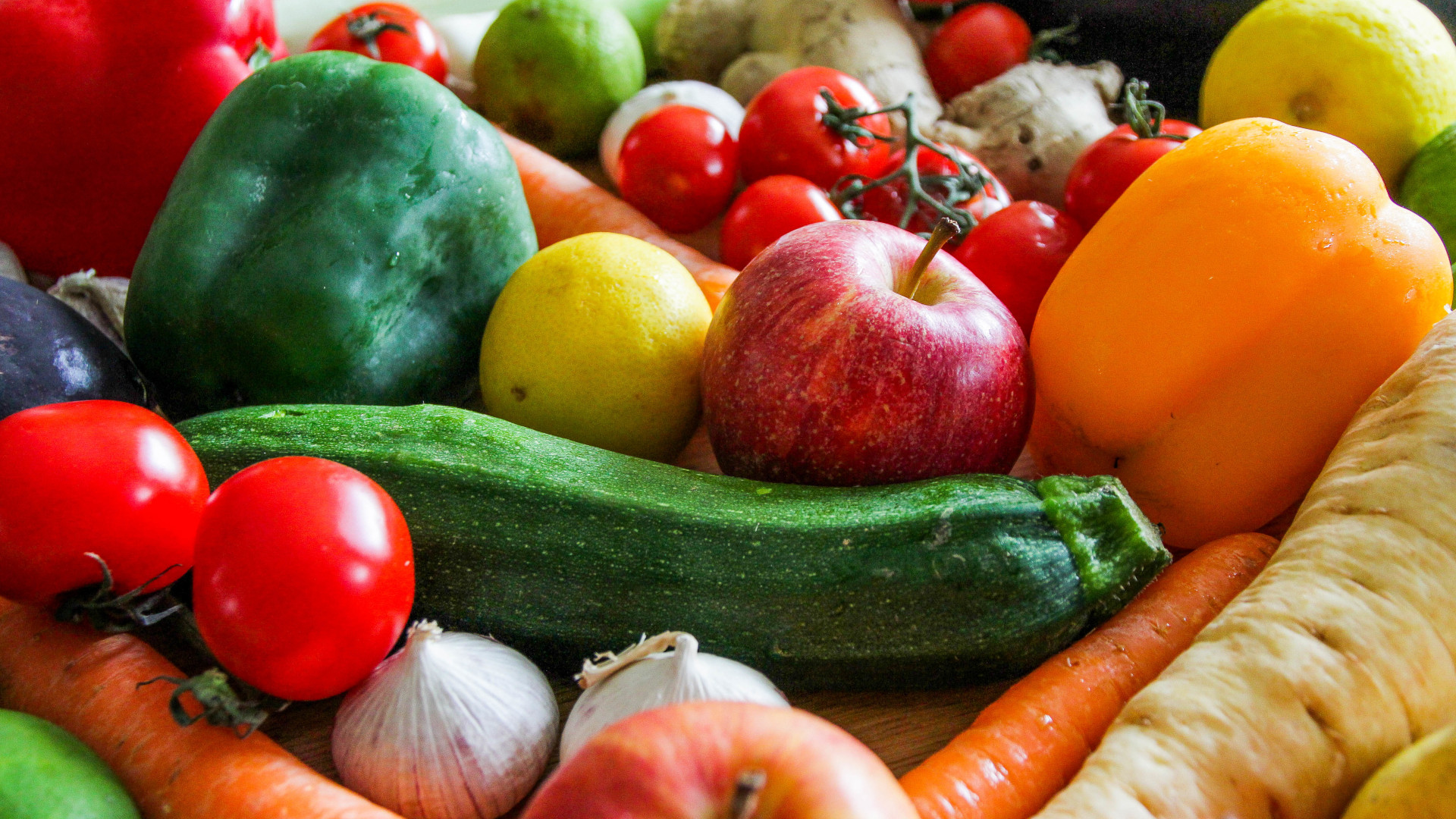
If you could hack into your physiology and secure a healthier and happier future, would you do it? For a lot of us, the answer is a resounding yes. Whether you’re trying to improve your performance in your trail running shoes or just want to enjoy more years with your grandchildren, you probably want to feel good while you’re doing it.
Humans are living longer than at any other point in history, but a 2022 report published by global consulting firm McKinsey points out an inconvenient truth: we’re also spending a greater portion of our lives than ever before in moderate-to-poor health. The problem then seems to be that we’ve increased the quantity of our life but not the quality.
The answer? For some, it lies in a trend called “biohacking,” which fitness experts at SET FOR SET predict will be one of the hottest trends for 2024. But what is biohacking? Is it just another fad or the key to forestalling the effects of aging and maximizing your performance? And how do you do it?

What is biohacking?
Often described as a “DIY approach to biology,” biohacking involves strategies to try to maximize your health and performance, and potentially even prolong your life. Biohackers tout both traditional and modern practices such as lifestyle shifts around sleeping, waking and mealtimes, nutrition, meditation, hot saunas, cold plunges, supplements and even experimental techniques like blood transfusions.
The term biohacking was coined by author Dave Asprey, who’s probably best known for advocating the so-called Bulletproof Diet, which entails eating a high fat, low carbohydrate diet with coffee supplements. Today, his Instagram feed is rich with posts denouncing brown rice and bread in favor of their white counterparts, praising grass-fed beef vending machines and denouncing oat milk. Asprey doesn’t have a background in medical science or nutrition; rather, he’s a former IT guy who says he used his hacking philosophy against his own physiology to lose weight and transform his health. He now says he expects to live until he is 180 years old.
Then there’s another tech guy, millionaire Bryan Johnson, who reportedly spends $2 million a year on his bid to resist the aging process, allegedly consuming 80 vitamins and minerals a day and eating 70 pounds of pureed vegetables a month (that’s equivalent to a one-year-old bear cub, if you’re seeking a visual).
If we were to stop at these examples, it could all sound like a total fad, but there are voices in the biohacking sphere that have plenty of science-related qualifications to back up their claims. Take Dr Andrew Huberman, Ph.D. for example. Huberman is a neuroscientist and professor in the department of neurobiology at Stanford School of Medicine. His Huberman Lab podcast, launched in 2021, discusses science-backed strategies for improving mental and physical health in everyday life, like cold exposure for REM sleep (and subsequently, the link between REM sleep and motivation), the science of building muscle and, of course, that topic that biohackers can’t get enough of: intermittent fasting.

Huberman’s suggestions for daily routine are not just evidence-based; they’re practical. Things like exposure to morning sunlight, eating a low carb lunch to prevent the afternoon crash and good sleep hygiene.
As Dr Keith Wallace, author of the new book 16 Super Biohacks for Longevity, explains, “Biohacking involves behaviors that help minimize damage that we cause to our bodies and brains through our lifestyle and behavior.”
What those behaviors look like depends on the person who’s doing the hacking. Basically, it’s a broad and experimental approach to improving the quality of your life.

Is biohacking real?
Obviously, there’s no science to support the idea that any of us can expect to live to 180 years old through the use of supplements, and to a certain degree, biohackers are performing real-time experiments on their own bodies with the results TBD. However, that’s not to say that there isn’t plenty of research supporting lots of the practices that biohackers herald as helpful in daily life.
Studies clearly show the link between good sleep, proper diet and sufficient exercise and the quality and quantity of your life, with increasing research finding benefit in practices like breathing exercises and meditation. Ultimately, biohacking might become an umbrella term for any activities that counteract the pressures of modern life.
“We live in a highly stressed world and many have acquired both poor diets and lifestyle habits,” writes Wallace in his book.
“But the opportunity is there to learn how to restore balance in our mind and body. We have seen that we can learn from the past, from traditions such as Ayurveda, which contains many simple biohacks, and we can learn from future developments in modern science, which probe the most fundamental levels of our physiology.”
Biohacking might be one big experiment, and many of those experiments will fail, but if you can see past the hype, it’s not difficult to see how better sleep, nutrition and stress reduction can help improve the quality of your life, and maybe even add a few years, whether you want to call it biohacking or not.

Where do I start with biohacking?
We asked Dr Wallace for his top biohacks for beginners – after all, few of us are likely to be able to sign up for regular blood transfusions – and his answers are surprisingly simple. The following are four of his favorite biohacks.
1. Meditate regularly
Want to run more efficiently, conquer bigger mountains or send a 5.9 at the climbing wall? Sit down. Mindfulness has been correlated with improved athletic performance, according to one 2023 review, as well as decreasing blood pressure and lowering stress levels as demonstrated in 2008 research.
“We didn’t realize how permanently stress can influence our decision making, our happiness, our sense of inner stability. When you bring in meditation, it has quite a remarkable effect on some people suffering long-term stress,” says Wallace, who is also a pioneering researcher on the effects of Transcendental Meditation.
Regular meditation can enhance your response to stress, and might keep you functioning better as the years go by. Learn more in our article on meditation for runners.

2. Move more
Modern science hasn’t pinpointed the perfect type or quantity of exercise for longevity, but everyone agrees that regular exercise is key to living longer. Getting out in the early morning light has an added advantage, as it boosts melatonin production, which is good for anti-inflammation and anti-aging. Make sure you incorporate rest days and use recovery tools to avoid overdoing it.
Since there seems to be a strong overlap between tech geniuses and biohackers, you may not be surprised to learn that many biohackers are big fans of wearable technology to help you track your progress, particularly in regard to activity. Consider getting yourself an Apple Watch or similar GPS watch and start to pay attention to metrics like sleep, heart rate and recovery times.
3. Mix up your diet
Even if you’re health-conscious and eat your five a day, it’s easy just to keep returning to the same two fruits and three vegetables you like, and if those are foods your microbiome likes, such as apples, broccoli and carrots, that’s a great start. But in addition to those fan favorites, as we’ve previously explained in our article on gut health, eating a more varied diet is thought to produce a more varied microbiome, according to a 2023 meta-study, which can influence all aspects of your health and how you respond to disease (immunity).
“Eating a healthy diet will produce a more diverse microbiome, and a more diverse microbiome equals a healthier person. It’s hard to pin down which bacteria are the best, and which aren’t the best, but it will happen,” explains Wallace.
If you eat a Mediterranean diet or plant-based diet high in these types of foods, it feeds different populations within the microbiome, which are all competing with each other, and it turns out that this competition is a good thing.

4. Bend your brain
You’ve no doubt heard this one before, but one way to keep your mind supple and stave off mental decline is by keeping your mind active. Something as simple as doing the daily crossword has been scientifically shown to stave off mental decline. Do puzzles on your rest days, learn a new language or pick up a musical instrument and you’ll keep your brain happier, for longer, which could just be the key to unlocking your peak condition.







